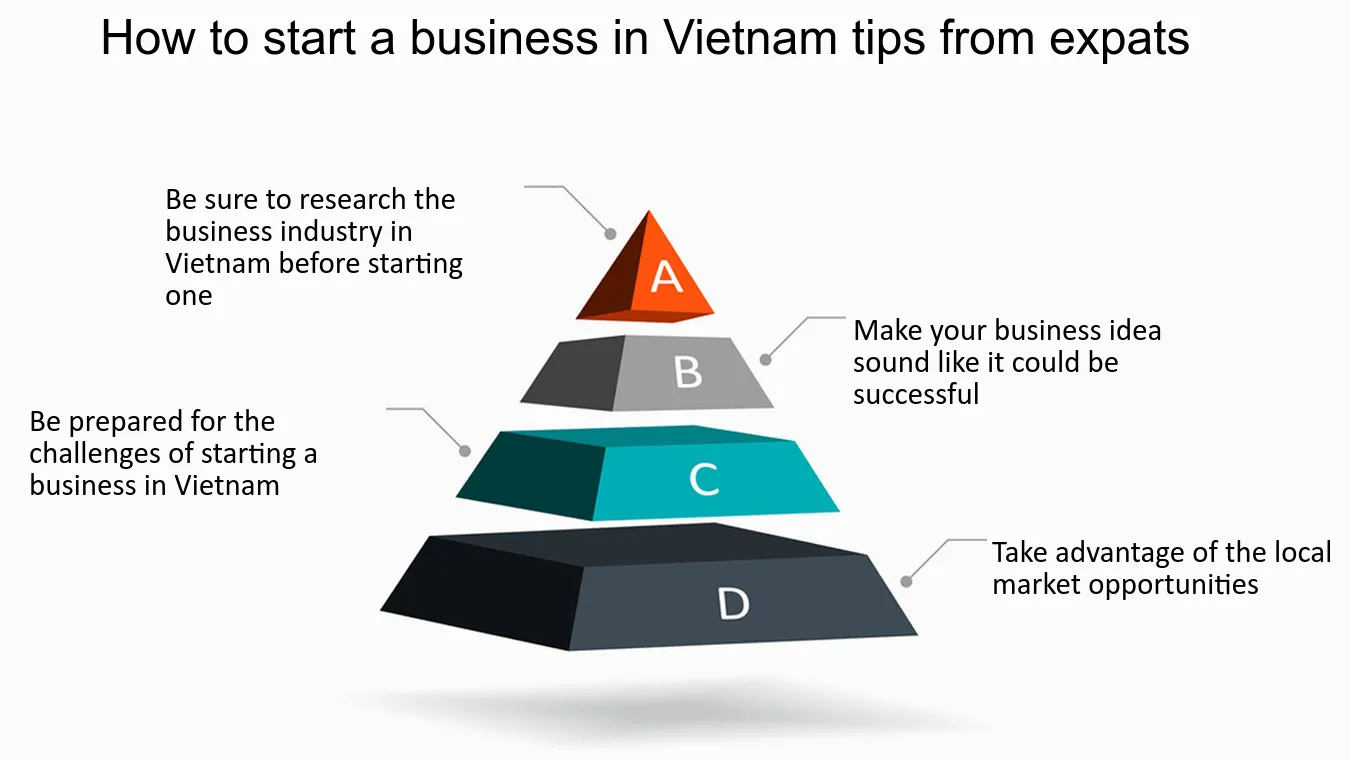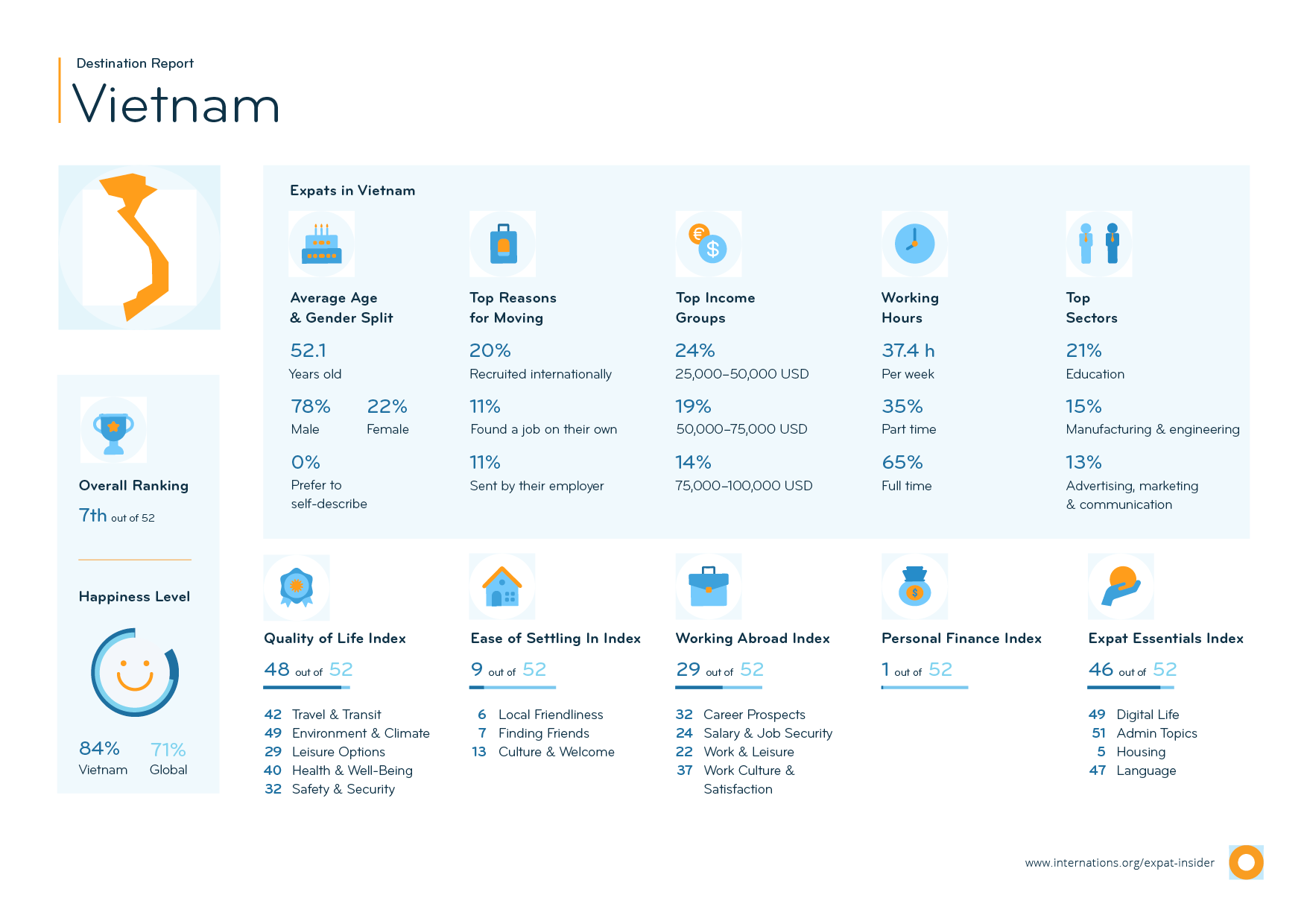Expat Enterprises in Vietnam play a significant role in the country’s economic growth and international collaboration. With its dynamic market, favorable investment policies, and strategic location in Southeast Asia, Vietnam has become an attractive destination for expatriates to establish businesses. Opportunities span across various industries, including technology, manufacturing, tourism, and services.

As Vietnam continues to welcome a growing number of foreign investors and entrepreneurs, the importance of legal compliance and strong corporate governance cannot be overstated. For expatriate-owned businesses, adhering to Vietnam’s regulatory framework is not only a legal obligation but also a critical factor in ensuring operational success, attracting investment, and maintaining a trustworthy reputation.
This article serves as a comprehensive guide for expatriates seeking to understand the corporate compliance landscape and best practices for governance when doing business in Vietnam.

Understanding Compliance in the Vietnamese Context for Expat Enterprises in Vietnam
In Vietnam, “compliance” refers to the observance of legal, tax, labor, and corporate responsibilities mandated by local authorities. Non-compliance can lead to financial penalties, business suspension, or even criminal liability in serious cases.
Key compliance obligations include:
- Company registration and licensing
- Periodic filings (tax, labor, business reports)
- Maintenance of legal records and accounting books
- Employee management and statutory obligations
- Compliance with industry-specific regulations
Whether your business is a wholly foreign-owned enterprise (WFOE), a joint venture, or a representative office, staying legally compliant is essential for long-term sustainability.
Corporate Governance: What It Means for Expat Enterprises in Vietnam
Corporate governance refers to the systems, principles, and processes by which a company is directed and controlled. For expat entrepreneurs, establishing proper governance ensures:
- Transparency in operations
- Accountability of management
- Proper decision-making structures
- Risk mitigation
- Investor and partner confidence
Vietnamese law encourages good corporate governance, especially for companies with significant capital, foreign shareholders, or those planning to scale or seek funding.

Key Legal Compliance Requirements
Business Registration and Licensing
All businesses in Vietnam must:
- Be registered with the Department of Planning and Investment (DPI)
- Obtain an Enterprise Registration Certificate (ERC)
- Obtain an Investment Registration Certificate (IRC) (if applicable)
- Apply for industry-specific licenses (e.g., education, F&B, healthcare)
Annual Reporting and Disclosure
Companies must submit:
- Annual financial statements (audited for FDI firms)
- Corporate income tax (CIT) finalization
- Business license tax declaration
- Employee income tax and social insurance filings
- Updates to corporate information (e.g., address, legal rep, shareholders)
Failure to submit on time can result in monetary fines or business suspension.
Statutory Books and Records
Companies are required to maintain:
- Shareholder registers
- Board meeting minutes
- Accounting records in compliance with Vietnamese Accounting Standards (VAS)
- Employment contracts and HR files
All documents must be available for inspection by authorities upon request.
Corporate Governance Structures for Expat Enterprises in Vietnam
The structure of your company’s governance will depend on the legal form:
Single-Member LLC (Wholly Foreign-Owned Enterprise)
- One owner/member
- One legal representative (can be foreign)
- No board of directors required
- Must appoint a General Director and a Chief Accountant
Multi-Member LLC or Joint Venture
- General Meeting of Members
- Board of Members
- Supervisory Board (optional depending on charter capital)
- More formal governance required
Joint Stock Company (JSC)
- General Meeting of Shareholders
- Board of Directors
- Supervisory Board (mandatory for non-listed JSCs with over 11 shareholders or institutional investors)
- CEO or General Director
Foreigners can legally hold most of these positions, but specific qualifications and work permits may apply.
Work Permits and Foreign Management Roles
If an expat serves as a legal representative or executive officer, they typically need:
- A Work Permit (or exemption, in some cases)
- A Vietnamese tax code
- Registration with the Social Insurance Fund if employed in Vietnam
A legal representative is personally liable for corporate compliance—choosing the right person for this role is critical.
Internal Policies and Corporate Ethics
Modern governance in Vietnam goes beyond legal compliance. Expat-owned businesses are advised to establish internal policies such as:
- Codes of Conduct
- Anti-bribery and corruption policies
- Whistleblower mechanisms
- Data privacy and IT usage policies
- Conflict of interest disclosure protocols
These not only reduce risk but also improve internal culture and investor confidence.
Audits and Inspections
Foreign-invested companies are frequently subject to:
- Annual financial audits by independent firms
- Tax inspections (typically every 3–5 years)
- Labor and fire safety inspections
- Ad-hoc reviews by licensing authorities
Being audit-ready—both legally and financially—helps you avoid penalties and builds credibility with stakeholders.

Common Compliance Mistakes to Avoid
Expatriate businesses in Vietnam sometimes fall into traps such as:
- Failing to update company information after changes
- Using foreign currency in local transactions (a violation of currency control laws)
- Employing staff without proper contracts or social insurance registration
- Overlooking deadlines for tax or business filings
- Operating without necessary sector-specific licenses
Mitigating these risks requires proactive governance and expert legal support.
The Role of Legal and Compliance Advisors
A local legal or corporate advisory partner can support you in:
- Setting up governance frameworks tailored to your business type
- Drafting charters, internal rules, and shareholder agreements
- Keeping track of evolving laws and regulations
- Preparing for audits and inspections
- Acting as liaison with government authorities
At La Défense, we provide tailored corporate compliance services for foreign businesses—from initial setup to daily operations—so you can focus on growth while we handle the legal framework.
For expat-owned businesses in Vietnam, corporate compliance and governance are not simply check-the-box exercises—they’re strategic foundations that shape your company’s reputation, risk profile, and long-term success.
Whether you’re launching a startup or managing a large enterprise, building and maintaining a robust governance structure—and ensuring full legal compliance—will protect your interests and create a strong platform for growth.
Looking to strengthen your company’s legal compliance in Vietnam?
La Défense is ready to help you implement world-class governance and stay ahead of regulatory obligations with confidence.
Other relevant legal writings:

